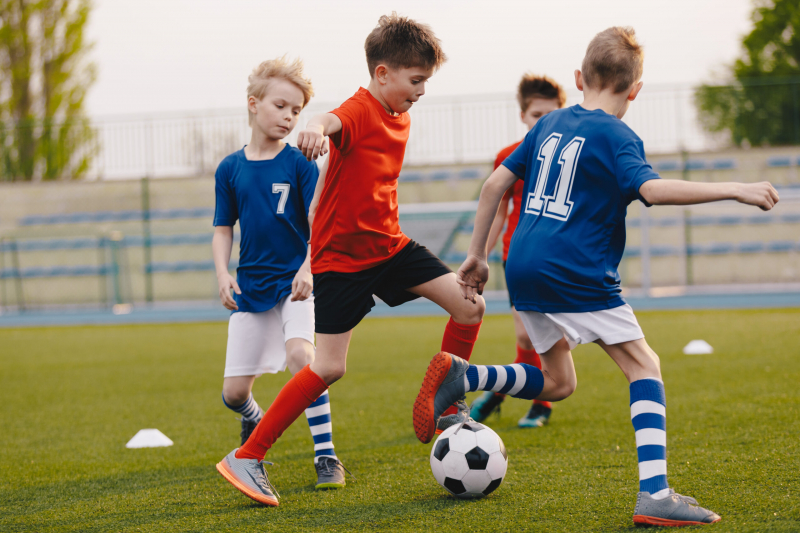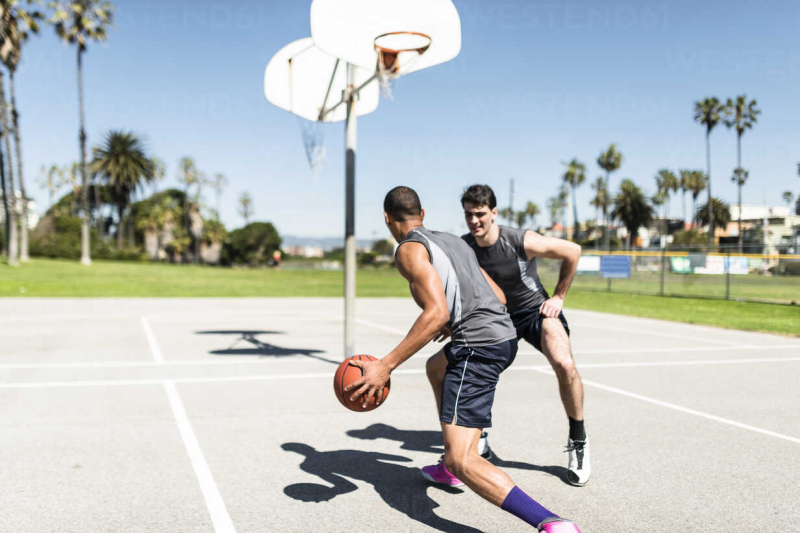Competitive Sports and Adolescent Psychology
The dynamic relationship between competitive sports and adolescent psychology is both intricate and significant. This essay delves deeply into the psychological impacts of sports on adolescents, exploring how these activities shape their mental and emotional development.
Firstly, sports participation often leads to enhanced self-esteem and confidence in adolescents. Young athletes develop a sense of accomplishment through achieving goals and improving skills. This sense of achievement is crucial during adolescence, a search for identity and self-worth. A study in the Journal of Youth and Adolescence indicates that adolescents involved in sports report higher self-esteem and happiness than those not engaged in sports (Journal of Youth and Adolescence, 2017). This boost in self-esteem is particularly significant as it lays the foundation for a positive self-concept in adulthood.
Moreover, competitive sports can instill valuable life skills such as discipline, resilience, and teamwork. The structured nature of sports requires adolescents to practice regularly, adhere to rules, and work towards long-term goals. All of them foster a strong work ethic and discipline. Additionally, overcoming challenges and failures in sports teaches resilience. A report by the Aspen Institute discusses how sports participation helps adolescents develop coping strategies to manage setbacks, a skill transferable to other life areas (Aspen Institute, 2019).
However, the pressure to perform and win in competitive sports can also have negative psychological impacts on adolescents. The emphasis on achievement and success may lead to stress, anxiety, and burnout. The American Academy of Pediatrics warns about the risks of over-specialization in one sport at a young age, which can lead to increased stress and a higher likelihood of injury (American Academy of Pediatrics, 2016).
Additionally, the fear of failure and the high expectations from coaches, parents, and peers can lead to a range of mental health issues. Adolescents in highly competitive sports environments may experience performance anxiety, decreased motivation, and even depression when they perceive their performance as inadequate. The Journal of Applied School Psychology published findings that young athletes who perceive high pressure from parents or coaches are more likely to experience anxiety and burnout (Sutcliffe et al., 2021).
In conclusion, competitive sports significantly impact adolescent psychology. While they offer numerous benefits like enhanced self-esteem, resilience, and life skills, they can also introduce psychological stressors. Balancing the positive aspects with the potential challenges is crucial.
References
- Journal of Youth and Adolescence. (2017). Sports Participation and Happiness: Evidence from US Microdata. https://doi.org/10.1016/j.joep.2012.02.007
- Aspen Institute. (2019). Calls for Coaches: Coaching Social and Emotional Skills in Youth Sports. https://www.aspeninstitute.org/publications/calls-for-coaches/
- American Academy of Pediatrics. (2016). Sports Specialization and Intensive Training in Young Athletes. https://pediatrics.aappublications.org/content/138/3/e20162148
- Sutcliffe, J. T., Kelly, P. J., & Vella, S. A. (2021). Youth sport participation and parental mental health. Psychology of Sport and Exercise, 52, 101832.












